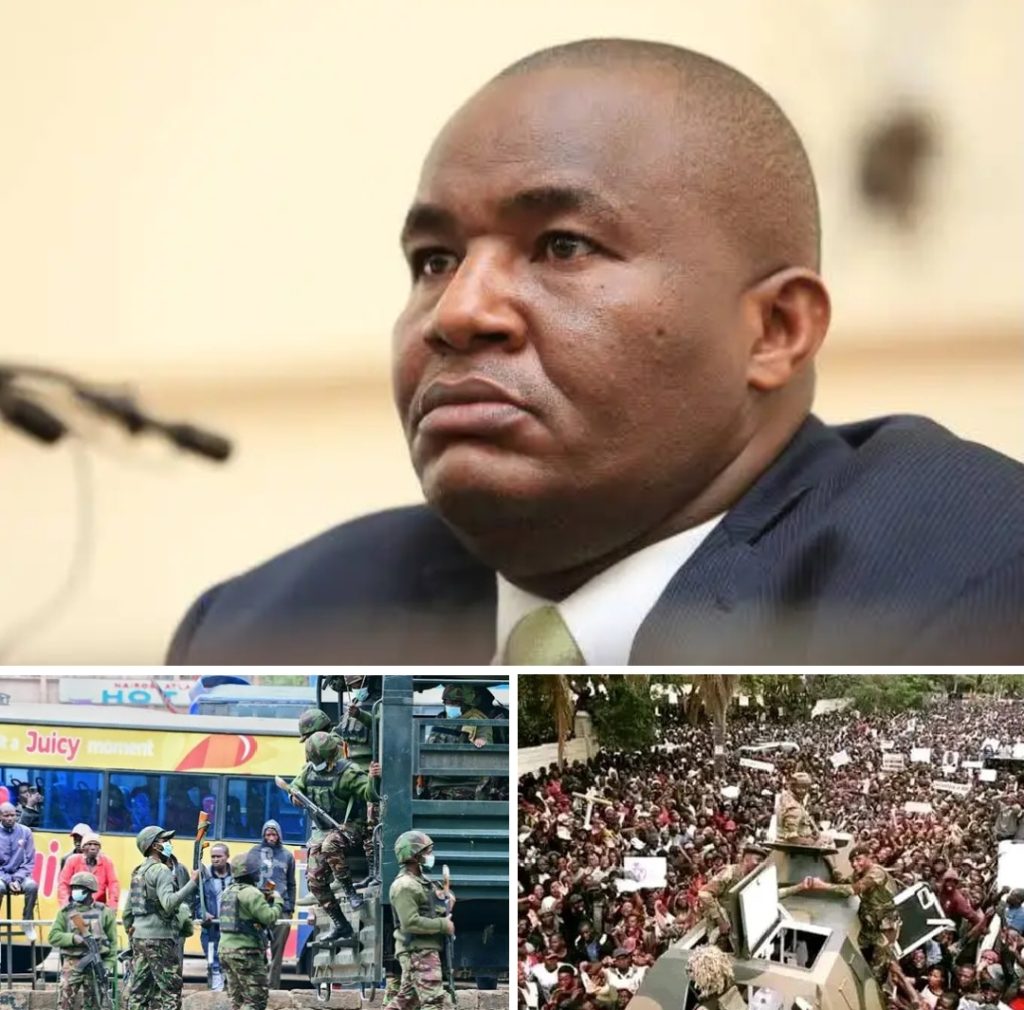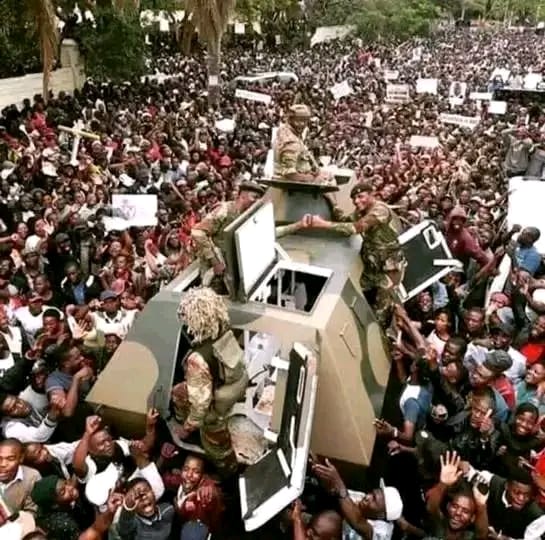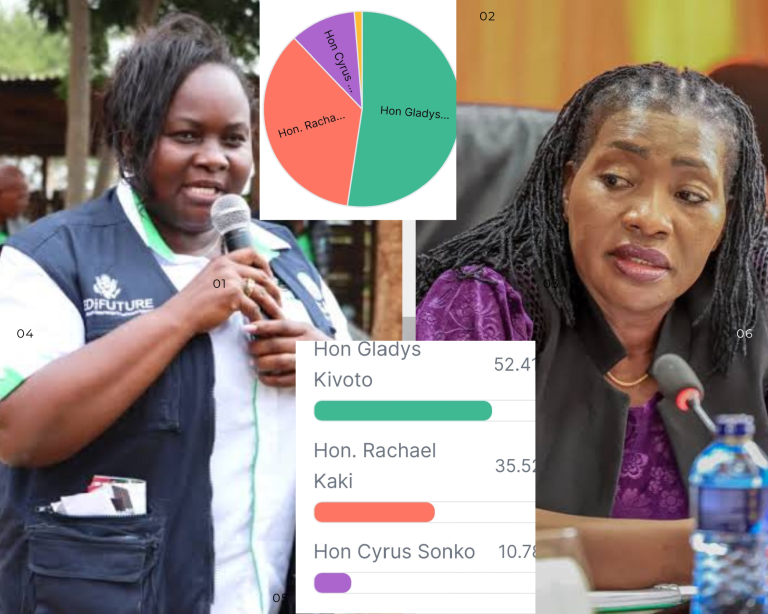
By Francis Kioko
Date 27 June 2024
In a landmark ruling, Judge Lawrence Mugambi has halted the deployment of the Kenya Defence Forces (KDF) into the streets to assist the police in restoring law and order. This decision comes amid heightened tensions and protests across various parts of the country.

Judge Mugambi strongly criticized the government’s move, suggesting it could lead Kenya towards becoming a military state. He emphasized that the primary role of the KDF is to combat armed militias and other organizations posing a significant threat to the nation, not to manage unarmed demonstrators. “The demonstrators are unarmed,” Judge Mugambi stated, “and the military’s involvement in civilian matters is both inappropriate and against the law.”

The judge further highlighted the ambiguity in the Kenyan Constitution regarding what constitutes a security emergency. “The Constitution is silent on what ‘security emergency’ means,” he noted, stressing the need for a clear legal framework before taking such drastic measures. Judge Mugambi argued that deploying the military in a blanket manner without a well-defined and legally supported rationale is unlawful.
This ruling came after the Law Society of Kenya (LSK) filed a petition against the deployment, terming it unconstitutional and unnecessary. The LSK argued that the police force is adequately trained and equipped to handle civilian demonstrations, and involving the military would escalate tensions and potentially lead to violations of human rights.

The government’s decision to deploy the KDF had sparked widespread concern among human rights organizations and civil society groups. Many feared that involving the military in civilian matters could lead to excessive use of force and undermine democratic freedoms.
In his ruling, Judge Mugambi called for a more measured and lawful approach to addressing public unrest. He urged the government to focus on dialogue and non-violent means of resolving conflicts. “Deploying the military should be a last resort, reserved for situations where there is a clear and present danger to national security,” he stated.
The ruling has been hailed as a victory for civil liberties and the rule of law in Kenya. It underscores the importance of maintaining a clear distinction between military and civilian roles, even in times of national crisis. As the country navigates through these turbulent times, the emphasis on lawful and proportional responses to public dissent remains paramount.

This decision sets a significant precedent for future government actions concerning the deployment of military forces within Kenya’s borders, reaffirming the principle that the rule of law must guide all such decisions.




Well articulated.
Thanks